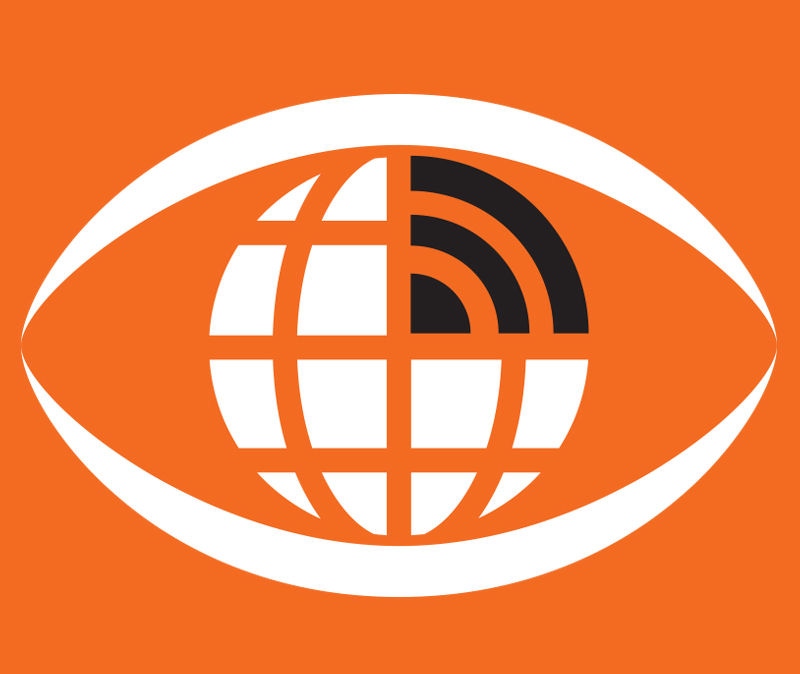In the early 1900s, a board game called Monopoly emerged which intended to demonstrate the evils of land ownership. Screwing over one’s rivals, stifling competition and rinsing as much money out of customers as possible became the premise of the game. A game beloved the world over by millions of children and adults alike.
April 17, 2015

By The Informer
In the early 1900s, a board game called Monopoly emerged which more or less intended to demonstrate the evils of land ownership. Screwing over one’s rivals, stifling competition and rinsing as much money out of customers as possible became the premise of the game. A game beloved the world over by millions of children and adults alike.
Perhaps one reason why the game is adored by so many is because of its fiercely competitive, one-landlord-to-rule-them-all, cut-throat nature. As the name suggests, only one person can win.
Beyond the 2-6 players and banker involved in the game, the Informer assumes the game would have been markedly less fun if there had been one more party involved in the game: someone who could sit on the fringes of all the fun, telling players when they’re doing too well and to ask them to reel it in bit if and when. Surely everyone has more fun if everyone wins? Right? Of course, the Informer is facetiously alluding to the role of the regulator.
The Informer doesn’t do particularly well with human relationships, so his childhood was largely spent Monopolising on his mono, as it were. Elsewhere, the kids down the road were honing their financial ruthlessness and bulking up their monopolistic muscles, dreaming of the day they could own every flat, house, hotel, train station and utility in London.
According to Hasbro, Monopoly has shipped more than 275 million games worldwide, with more than one billion people estimated to have played the game since 1935. As an aside, quite how one arrives at that number of players is far beyond the Informer’s comprehension.
But given that one seventh of the world’s population has felt that desire to monopolise, it’s unsurprising that entities are in place in every industry to prevent that very thing from happening.
This week saw a couple of big competition-related incidents in telecoms. Firstly, and most notably, Nokia took the convenient route to reducing competition: by buying it.
The Finnish vendor had a €15.6bn offer to fully acquire French counterpart Alcatel-Lucent accepted, and then swiftly moved to host a press conference full of amore and slightly backhanded platitudes, something along the lines of: “Alcatel-Lucent: we used to fear you as a competitor, and now we own you”.
It is thought that global regulatory and competitive authorities aren’t going to be standing in the way of two major infrastructure players coming together; particularly as it will more than likely create a third powerhouse to extend the Huawei/Ericsson “duopoly” into an oligopoly of three (“triopoly”, surely?).
The news evolved pretty darn quickly, and certainly kept Telecoms.com busy, so credit to the guys behind the scenes pulling the strings for a job done swiftly. If you missed it, the rumour resurfaced on Monday, then acknowledgement of the rumour came on Tuesday; and before they knew it, Nokia and Alcatel-Lucent were in full on merge-mode by Wednesday morning. Bullets have left guns more slowly.
As the rumour resurfaced, analysts and industry commentators quickly suggested that Alcatel-Lucent’s fixed assets were where Nokia would really benefit, given its strength in LTE/RAN/Wireless business but relative difficulties getting into fixed/optical/access. It then occurred to the Informer that this deal is about an awful lot more than moving into fixed markets. Alcatel-Lucent currently has sub-brands and projects focussing on cloud and data centre solutions with a splash of SDN (Nuage Networks), NFV and network virtualization (CloudBand Ecosystem), critical communications, massive R&D facilities in France with Bell Labs, and so much more.
There are so many areas where Nokia could stand to gain, and if the acquisition and subsequent integration goes as smoothly as hoped, that €15.6bn price tag could end up looking like a snip five or 10 years down the line.
Elsewhere the European Commission, the behemoth of continental regulatory bodies, basically accused Google of anti-competition on two counts; by way of having agreements for proprietary apps and software loaded on to smartphones and tablets running Android. Although Google owns Android, it’s technically open-source, and that’s where the EC appears to be founding its argument from. It also reckons Google’s been prioritising its own services over third-party offerings found through its search service.
The Informer is going to get some nasty splinters from sitting on the fence here and he’s not going to be drawn into giving his opinion on who’s right or wrong; but accusations of anti-competition are themselves inevitable when one company becomes “too successful”. The same rules apply in business as they do around the Monopoly board: when one person starts doing well, complaints start flying in.
This isn’t the first time that the Commission has intervened when it deems a company to be acting in an anticompetitive manner. The fabled case of the European Commission vs Microsoft lasted the best part of 25 years; sure, Microsoft had to fork out roughly €3bn in fines, but the Informer wouldn’t be surprised if that bill did little more than cover the cost of hiring a legion of lawyers for a quarter of a century. If there’s anything to be learned here, it’s that both the Commission and Google are going to be equally entrenched in their opposition to one another – queue another generation of legal wrangling, law suits, litigation and mud slinging.
One would be forgiven for growing bored of these monopolistic games.
Take care,
The Informer.
Read more about:
DiscussionYou May Also Like






.png?width=300&auto=webp&quality=80&disable=upscale)


_1.jpg?width=300&auto=webp&quality=80&disable=upscale)


.png?width=800&auto=webp&quality=80&disable=upscale)